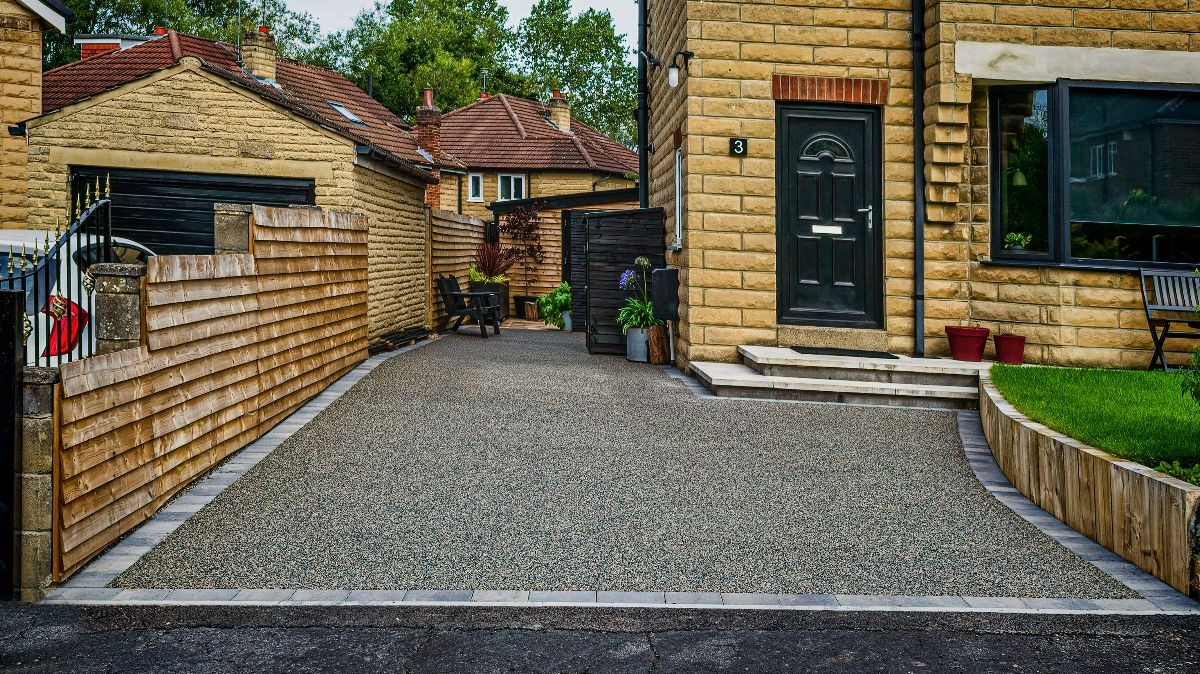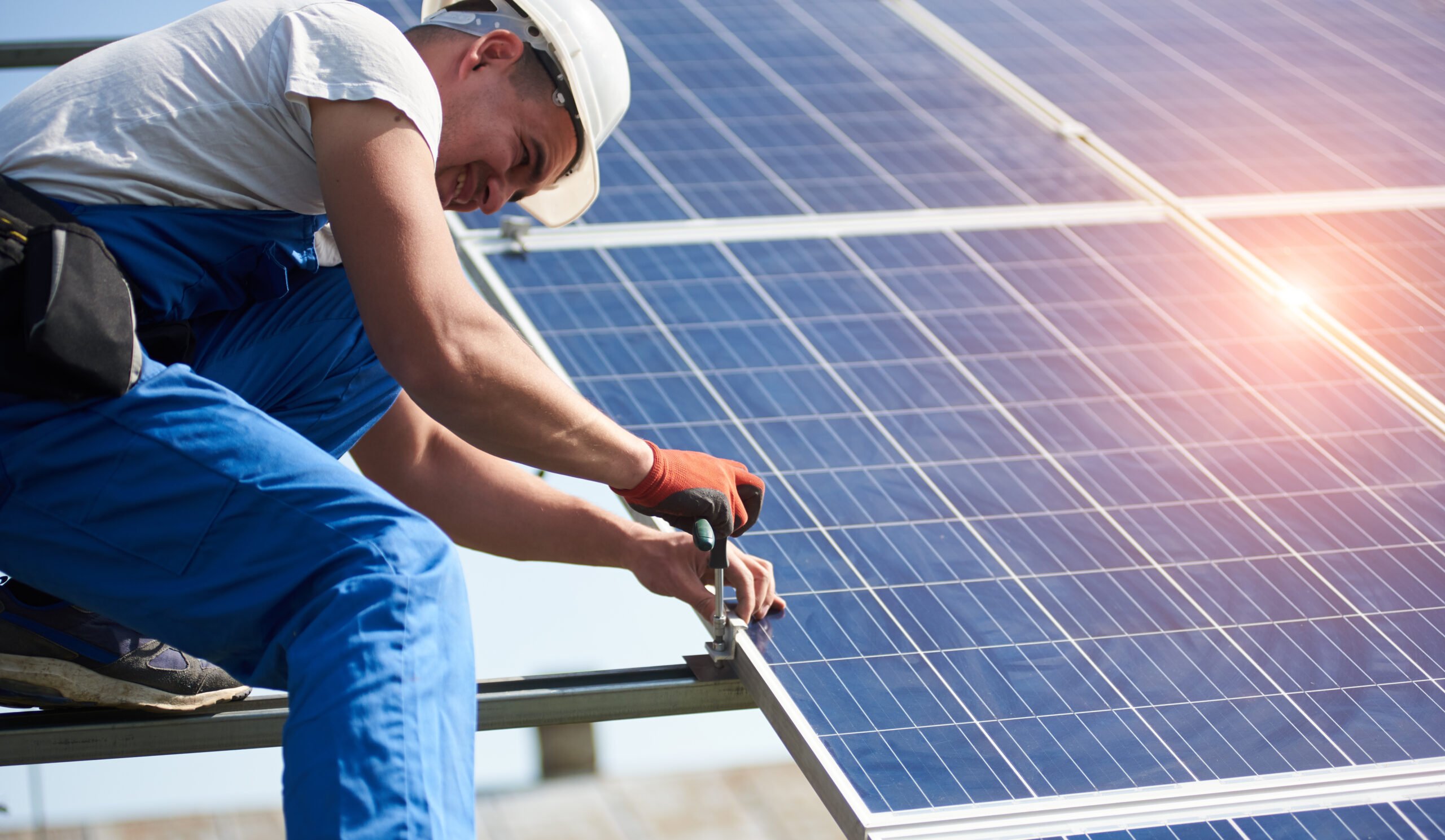Is a Resin Driveway Right for You?

Table of Contents
If you are considering a new driveway, the resin driveway offers an attractive alternative to traditional options like concrete, tarmac, or block paving. Known for its durability, aesthetic flexibility, and environmental benefits, a resin driveway could be an ideal choice for enhancing your home’s curb appeal and functionality.
This guide provides an overview of resin driveways, their advantages, potential drawbacks, and what to consider during installation.
What is a Resin Driveway?
A resin driveway is composed of a mixture of clear resin and aggregates, such as gravel, quartz, or marble. There are two primary types of resin driveways:
Resin-Bound Driveways: This type involves mixing the resin with aggregates before laying it onto a solid base, creating a smooth, permeable surface. The mixture is troweled down to a flat finish, allowing water to filter through to the ground beneath, complying with Sustainable Urban Drainage Systems (SUDs) regulations.
Resin-Bonded Driveways: This method involves spreading resin onto an existing driveway surface and then scattering loose aggregates over the top. The aggregates stick to the resin but do not form a permeable surface. This type is quicker and often less expensive but lacks some of the benefits of a resin-bound driveway.
Advantages of Resin Driveways
- Aesthetic Appeal: Due to the variety of aggregates available, resin driveways offer a range of colours and textures. This makes it easy to match your driveway with the style of your house or garden.
- Durability and Longevity: When installed correctly, resin driveways are durable and long-lasting, capable of withstanding harsh weather conditions without cracking or damaging.
- Permeability: Resin-bound driveways are permeable, which helps to prevent puddles from forming and mitigates flood risk, an important factor in urban areas.
- Low Maintenance: These driveways require minimal upkeep. Regular sweeping and occasional hosing are typically sufficient to keep them in good condition.
- Eco-Friendly: The permeability of resin-bound surfaces supports the recharge of groundwater levels and reduces surface water runoff, which is environmentally beneficial.
Disadvantages of Resin Driveways
- Cost: Resin driveways can be more expensive than simpler alternatives due to the cost of materials and the expertise required for installation.
- Installation Requirements: A resin driveway must be installed in dry conditions with temperatures above 5°C. The base preparation must be perfect to avoid future issues like cracking or sinking.
- Quality Variation: The market for resin driveways is relatively unregulated, leading to significant variation in the quality of installation. It is crucial to choose a reputable installer with good references.
Choosing the Right Contractor
Selecting the right contractor is crucial for ensuring the quality and longevity of your resin driveway. Look for contractors who:
- Offer detailed consultations and transparent quotations.
- Have a portfolio of completed projects and verifiable testimonials.
- Provide a warranty on their workmanship and materials used.
Resin driveways are a modern, versatile, and durable option for homeowners looking to upgrade their driveway. While the initial cost may be higher than other materials, the long-term benefits of durability, low maintenance, and aesthetic appeal can provide substantial value over time.
As with any home improvement project, the key to success lies in choosing the right materials installer, and ensuring proper installation conditions to maximise the investment in your home’s exterior.






